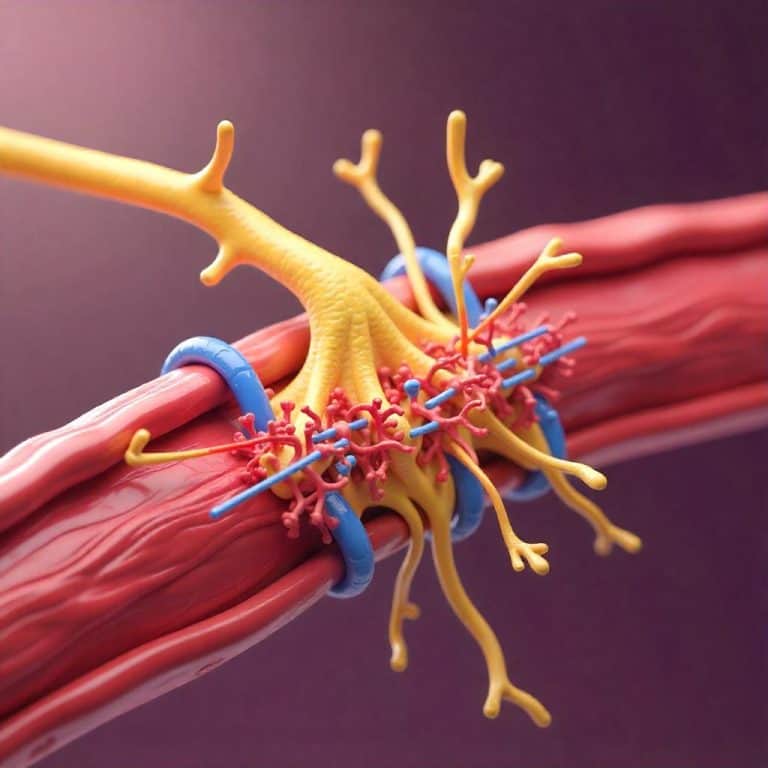Welcome to the Neuromuscular Junction quiz! In this quiz, you will test your knowledge on the connection between your nerves and muscles. Are you ready to dive into the fascinating world of how your brain communicates with your muscles to make you move?
The neuromuscular junction is where the magic happens in your body – it’s where signals from your brain tell your muscles to contract and move. By understanding how this junction works, you can learn more about how your body functions and why certain movements happen.
So, let’s get started and see how much you know about this important connection in your body!
Play Neuromuscular Junction Quiz
Instructions
- This quiz is multiple choice.
- Read each question carefully before selecting an answer.
- Choose the best answer for each question.
- You will see the missed questions with correct answers at the end of the quiz.
Quick Facts
- Signals from the nervous system travel to muscles through a specialized connection point.
- This connection allows for communication between the nerves and muscles, helping them work together.
- Chemicals called neurotransmitters are released at the neuromuscular junction to stimulate muscle contraction.
- When a nerve signal reaches the junction, it triggers the release of these neurotransmitters.
- The neurotransmitters then bind to receptors on the muscle cells, causing them to contract.
- Proper functioning of the neuromuscular junction is essential for movement and coordination.
- Disorders affecting the neuromuscular junction can lead to muscle weakness or paralysis.
- Physical therapy and medication may be used to help improve neuromuscular junction function in some cases.
- Exercises that target specific muscle groups can help strengthen the connection at the neuromuscular junction.
- Understanding how the neuromuscular junction works can help athletes improve their performance and prevent injuries.
Downloads
Study Tips
- Create a study schedule and stick to it.
- Find a quiet and comfortable study environment.
- Remove distractions such as phones and social media.
- Take breaks every 25-30 minutes to avoid burnout.
- Use active studying techniques like summarizing, highlighting, and teaching concepts to someone else.
- Practice retrieval by testing yourself with flashcards or practice quizzes.
- Stay organized with notes, study guides, and resources.
- Stay hydrated and eat brain-boosting foods like fruits, nuts, and whole grains.
- Get enough sleep to improve memory retention and cognitive function.
- Reward yourself for reaching study goals to stay motivated.
